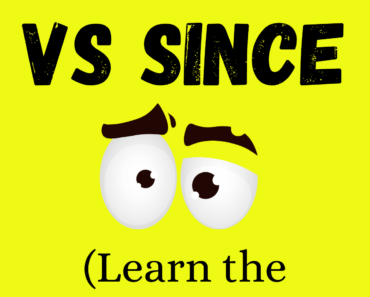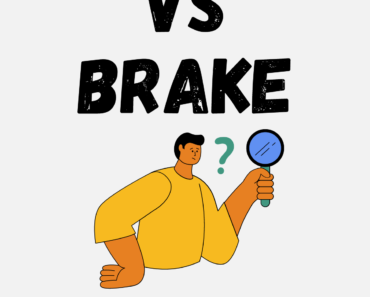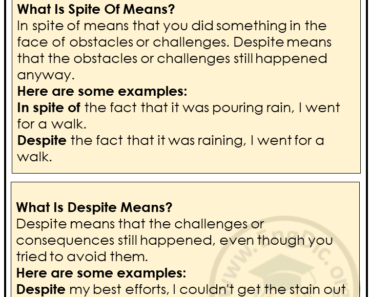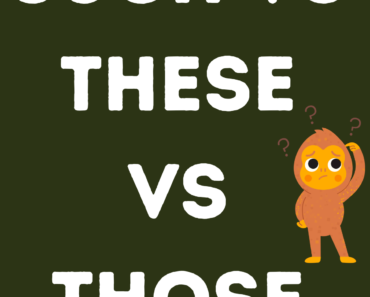An “enquiry” and an “investigation” differ primarily in scope and intent.
An enquiry is a more informal process, often involving asking questions to gather information or to clarify facts about a situation. It typically precedes an investigation and is used when seeking preliminary insights.
In contrast, an investigation is a more formal, systematic process involving detailed examination or analysis to uncover facts about a particular matter. Investigations often involve gathering evidence and can have legal or organizational implications.
Enquiry
Definition: An enquiry refers to the act of seeking information by asking questions or conducting a light examination.
Usage:
- Casual Contexts: Used in everyday contexts where an individual seeks clarification or further information, such as inquiring about product details before a purchase.
Example: “I made an enquiry about the store’s return policy.” - Professional Contexts: Applied in work environments where preliminary information is needed before making decisions or taking further action.
Example: “The manager sent an enquiry to the IT department about the software update.” - Legal Contexts: Sometimes used in legal settings to refer to initial steps taken to understand a potential legal matter, often preceding a formal investigation.
Example: “The enquiry aimed to clarify the nature of the complaint.”
Investigation
Definition: An investigation is a systematic and detailed examination aimed at uncovering facts, often to resolve an issue or discover the truth.
Usage:
- Criminal Contexts: Employed by law enforcement agencies to collect evidence and facts regarding criminal activities.
Example: “The police launched an investigation into the recent burglary.” - Corporate Contexts: Used by organizations to examine internal matters such as fraud, harassment, or compliance breaches.
Example: “The company conducted an internal investigation into data breaches.” - Scientific Contexts: Researchers undertake investigations to explore hypotheses or understand phenomena through structured studies.
Example: “The scientific investigation yielded new insights into climate change.” - Journalistic Contexts: Journalists conduct investigations to uncover facts about public interest stories, often leading to comprehensive reports.
Example: “The journalist’s investigation revealed government corruption.”







